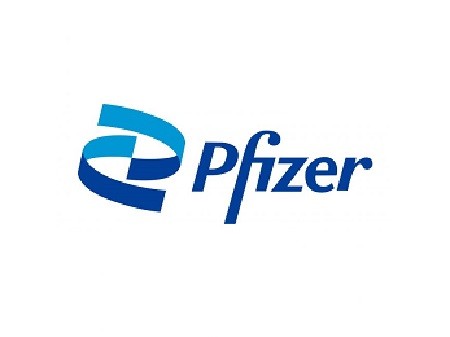
Poised to rid the West African coast of infectious diseases, the Pfizer Foundation has donated $6.4 million in grants to address critical infectious disease challenges in Nigeria and Ghana, as part of a long-term commitment to help protect underserved people in the United States of America and around the world.
The Pfizer Foundation is a charitable organisation established by Pfizer Incorporations to promote access to quality healthcare, nurture innovation, and to support the community involvement of Pfizer colleagues.
According to the President of The Pfizer Foundation, Caroline Roan, grants to CARE, International Rescue Committee (IRC) and PATH will support programmes to reduce childhood mortality, improve maternal health and address the growing threat of antimicrobial resistance (AMR) in the region.
Roan, who also doubles as senior vice president, Global Health & Social Impact, Pfizer Incorporations said “The global pandemic has magnified the disproportionate burden of infectious diseases, particularly in resource-limited settings where people have inadequate access to essential health services.
“We are proud to support the critical work of our partners in West Africa as they create localised approaches to bring quality health services to the community level and address persistent inequities in infectious disease prevention, diagnosis and treatment”.
Global Infectious Disease Burden
Roan disclosed that globally, nearly 8 million people lose their lives each year from infectious diseases that could be avoided with access to basic healthcare, often in the most underserved communities.
She further revealed that out of those lives lost, more than 2 million are among children under-five, almost half of which take place in West Africa. “Additionally, the growing risk of AMR is already having a profound impact on people today and, if left unchecked, by 2050 could lead to 10 million deaths from resistant infections each year”.
Laudable Efforts of Infectious Disease Impact Initiative
Through the Infectious Disease Impact Initiative, The Pfizer Foundation has been partnering to create sustainable solutions that help strengthen healthcare systems in West Africa and around the world.
First among the organisation’s project is tagged “CARE”, which is targeted at reducing under-five mortality through a community-based care model that delivers a core package of quality child health services and enhances community-based surveillance to improve the detection of infectious diseases in Nigerian Yobe State
The IRC, is another project, which developed a functional and effective AMR stewardship programme within health facilities, aimed at reducing child mortality, in northeast Nigeria’s Borno State. The programme serves as a model for other humanitarian health programmes, where crisis has contributed to a growing number of drug dispensaries with undertrained staff and knowledge gaps at the community level.
PATH is the third project, according to the organisation, and it aims at reducing newborn morbidity and mortality in Ghana by improving diagnosis and management of maternal infections, through the integration of point-of-care diagnostics and community-based screenings of infectious diseases as part of antenatal care.
Speaking on the Foundation’s initiative in combating diseases, Country Manager and Cluster Lead West Africa, Pfizer Inc, Pharm. Olayinka Subair, said: “Consistent with our responsibility to deliver breakthrough medicines and vaccines into patients’ hands across the world, we collaborate with healthcare providers, governments, and local communities to support and expand access to reliable, affordable health care,” said. “We work every day to provide access to global scientific innovation that can help patients to live longer, healthier lives”.
Roan, also made mentioned of the recent award The Foundation presented to the 2021 recipients of the Global Health Innovation Grants (GHIG) programme – including non-governmental organisations (NGOs), non-profits and social enterprises in low- and middle-income countries – to support community-based initiatives focused on combatting infectious diseases.
She noted that four of the 20 organisations in this year’s cohort have programmes based in West Africa, including Equitable Health Access Initiative, Last Mile Health, Muso and THINKMD, which will each receive $100,000 as part of the annual programme.












Impressive